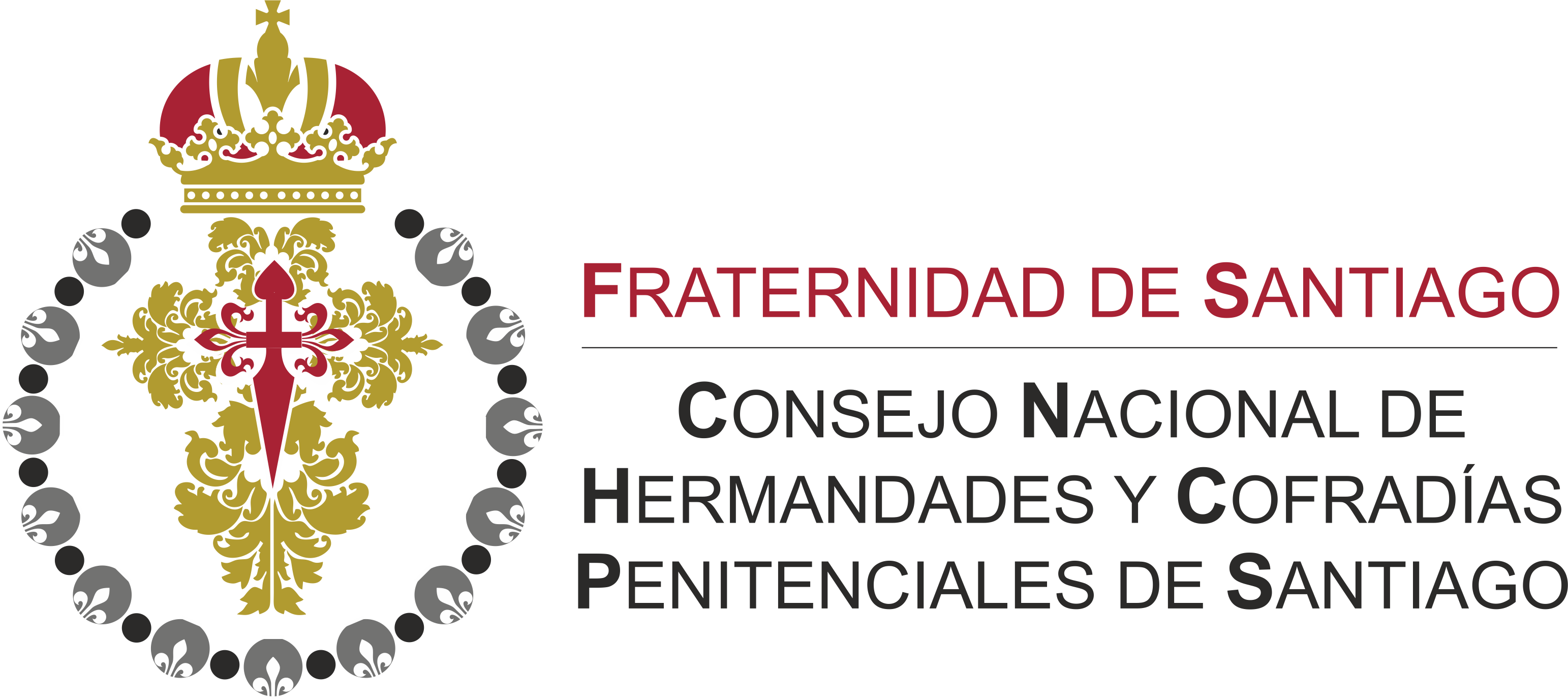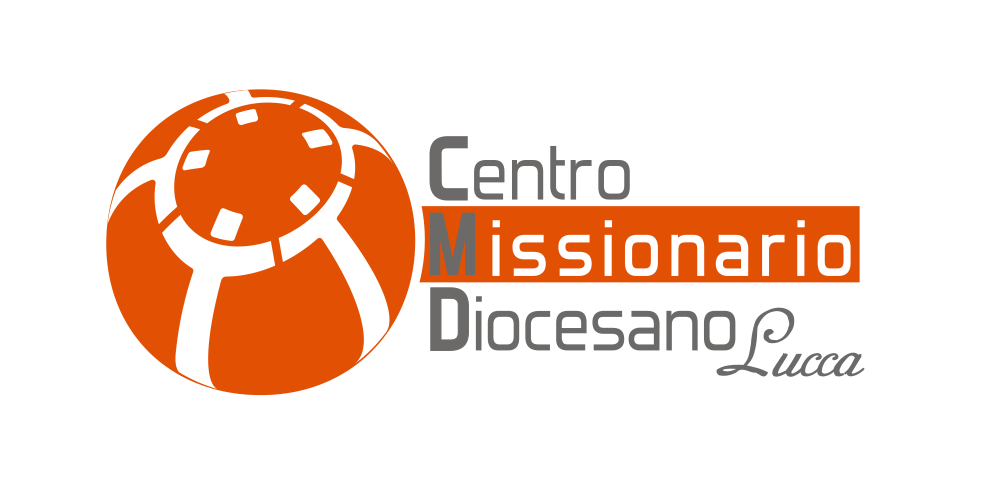
Associação Grão Vasco (AGV), established in October 2015, born out of the collective desire of the Grão Vasco School Grouping's educational community to address social issues within the same community. This grouping comprises 15 educational institutions located in the city of Viseu (Portugal), accommodating 2,569 children and young people aged 3 to 16 (from pre-school to year 9). Importantly, 212 of these students have special needs, making inclusive education a significant focus.
AGV is guided by principles of equality, autonomy, and social responsibility. These principles have been central to various projects and initiatives developed by the organization over the years. Its primary aims revolve around promoting social inclusion, fostering community integration, nurturing individual autonomy, and facilitating dialogue, interculturality, and lifelong education. The association is dedicated to supporting families and sharing knowledge to achieve these goals.
One noteworthy aspect of its work with students with disabilities is the provision of individualized support for skills development, which involves collaboration among teachers, psychologists, and therapists. Moreover, initiatives such as the "Asas nos Pés" Inclusive Dance Group and swimming lessons are part of their efforts to provide a well-rounded educational experience.
Associação Grão Vasco sees itself on a continuous journey, with the challenging goal of breaking down differences, demystifying limitations, and genuinely promoting equal opportunities for all its students.

La Fraternidad de Santiago was born to unite and value the brotherhoods that use the Symbols of Santiago as their identity, highlighting in a singular way those that have the Cross of Santiago as their emblem. We must not forget that Galicia, Spain and Europe have been built, to a large extent, by making pilgrimages to Santiago and then returning to their homes with the desire to build communities in which the symbols of Santiago were a guarantee of values, culture and future. That is the spirit of the Fraternidad de Santiago: to preserve and enhance the identity, culture and values that, hand in hand with the iconography of Santiago, around the Passionist manifestations of Holy Week, have been composing a social, anthropological and cultural reality of incredible and incalculable value.
Although the last four governing councils of the Fraternidad have invested the last twenty years in observing, knowing and documenting the importance of the presence of the iconography and symbols of Santiago in the Passion of Spain, today having a great bibliographic and archival heritage, currently the Fraternidad de Santiago's objectives are to grow in number of members, expand to other territories, strengthen ties with Compostela, enrich its rules, progress in legal and social principles, climb in equality quotas, rejuvenate the corporation and praise the symbols of identity of the Fraternidad de Santiago promoting greater cultural development always protected by a triple achievement: “share more, unite more and unite with more.”
In the search for this latest aspiration, the opening to a new dimension is especially relevant: Europe. And being able to share Passion with people and brotherhoods from other territories beyond national borders can only enrich the trajectory of an association that, since its origins, aspires to unity around the manifestations of Holy Week.

The Missionary Center is one of the departments of the Archdiocese of Lucca whose task is to promote religious animation in favor of the mission, which is understood as a place of encounters between cultures, creeds and peoples. It therefore represents the point of union and connection between all the missionary expressions of the local Church.
In the field of solidarity and international cooperation
It promotes dialogue with communities of men, women and children on the peripheries of the world through the presence of its missionaries, in order to support all forms of encounter, knowledge and exchange. C.M.D. supports missionaries and social projects mainly in Rwanda, Brazil, Burkina Faso and Thailand/Vietnam, as well as small interventions in India and Congo.
The areas of intervention cover health (the fight against AIDS and child malnutrition, the fight against blindness, the rehabilitation and re-education of children with motor and neurological disabilities, the fight against neonatal mortality), education (the fight against illiteracy and the marginalization of children, the rehabilitation of street children and those addicted to alcohol or psychotropic substances, the vocational training of young people), as well as the exploitation of renewable energies to guarantee electricity and water for civil, health or agro-pastoral purposes.
At local level
Promote thematic courses in schools at all levels and in the direction of citizenship to raise awareness of
- new lifestyles and critical consumption,
- inter-religious and intercultural dialog,
- North-South imbalances in the world and global education,
- food sovereignty, the right to human mobility, environmental sustainability.
It promotes training courses for those interested in gaining experience in missions and, in particular, acts as a spokesperson and witness to what is happening on the existential peripheries of the world in order to guarantee critical and unfiltered information. It supports local meetings, debates and film festivals for schools and citizens, in order to guarantee direct knowledge and an alternative reading of contemporary geopolitical and social dynamics.
- inter-religious and intercultural dialog,
- North-South imbalances in the world and global education,
- food sovereignty, the right to human mobility, environmental sustainability.






